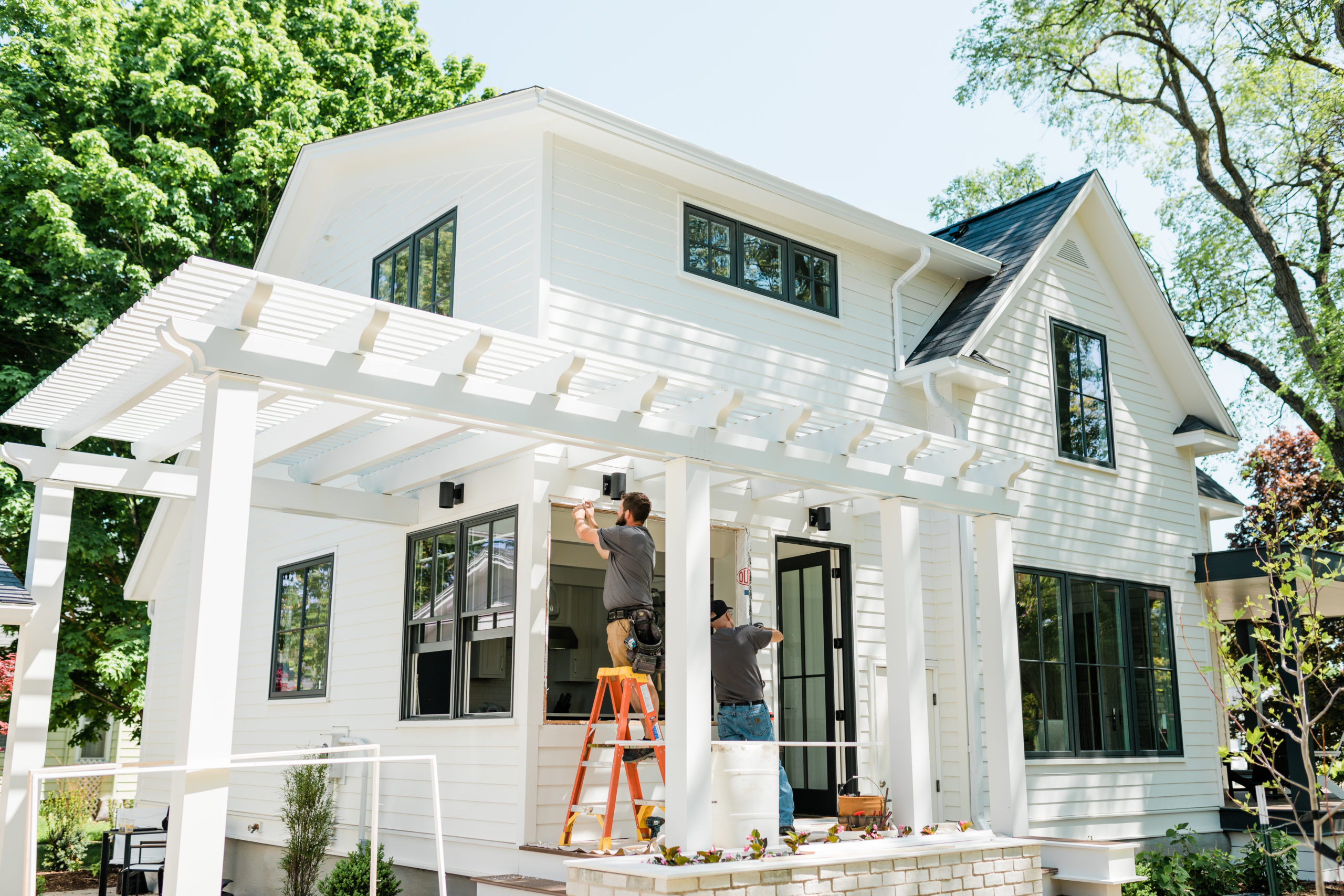
Why Home Replacement Windows Matter
Home replacement windows are more than just glass and frames. They play a vital role in insulation, energy efficiency, security, and home value. If your current windows are drafty, difficult to operate, or over 15-20 years old, it might be time to consider replacing them.
Energy-efficient windows can lower heating and cooling costs, reduce noise, and improve overall comfort. Modern home replacement windows are engineered to meet today’s environmental standards and performance expectations.
Understanding the Window Replacement Process
The window replacement process involves several steps that homeowners should understand before getting started:
Step 1: Assessment and Planning
A professional installer or contractor evaluates your existing windows, discusses your goals, and helps you decide which type of replacement window suits your home best.
Step 2: Choosing the Right Window Style
From double-hung and casement to sliding and bay windows, the selection depends on your aesthetic preferences, budget, and energy-efficiency goals. This is the phase where you explore the best window replacement options.
Step 3: Measuring and Ordering
Accurate measurement is critical to ensure a proper fit. Custom windows are typically ordered based on exact dimensions to minimize gaps and maximize insulation.
Step 4: Removal of Old Windows
Old windows are carefully removed without damaging the surrounding structure. This step involves stripping down the window casing and preparing the opening for the new installation.
Step 5: Installation of New Windows
Professional installation includes sealing, insulating, and securing the new windows. Proper installation ensures long-term performance and structural integrity.
Step 6: Inspection and Cleanup
After installation, contractors inspect each window to confirm proper fit and finish. Cleanup is done to leave your home as clean as before the process began.
Best Window Replacement Options
When researching home replacement windows, homeowners often encounter a variety of materials and styles. Here are the most common options:
1. Vinyl Windows
- Cost-effective and low maintenance
- Excellent thermal insulation
- Available in various styles and colors
2. Wood Windows
- Timeless aesthetic appeal
- Natural insulator
- Requires periodic maintenance
3. Fiberglass Windows
- Highly durable and weather-resistant
- Energy efficient
- Can mimic wood texture
4. Aluminum Windows
- Lightweight and strong
- Ideal for large windows
- Less energy efficient than vinyl or fiberglass
5. Composite Windows
- Combines benefits of multiple materials
- Durable, energy-efficient, and low maintenance
Each option has its pros and cons. Choosing the best window replacement options depends on climate, budget, style preferences, and maintenance willingness.
How Much Does Window Replacement Cost?
The cost of home replacement windows varies based on materials, brand, installation complexity, and geographic location. Here is a general range:
- Vinyl: $300 – $850 per window (installed)
- Wood: $700 – $1,500 per window (installed)
- Fiberglass: $600 – $1,400 per window (installed)
- Aluminum: $300 – $1,000 per window (installed)
Labor costs typically account for 30% to 50% of the total window replacement expense. Energy-efficient models may qualify for federal or state rebates, reducing your overall investment.
Energy Efficiency and Certifications
Look for windows certified by ENERGY STAR, which signifies that the product meets strict energy efficiency guidelines set by the U.S. Environmental Protection Agency.
Features to consider:
- Low-E Glass
- Argon or Krypton gas fills
- Multi-pane glazing
- Warm edge spacers
These enhancements improve thermal performance and reduce heat transfer.
Common Signs You Need New Windows
- Noticeable drafts or cold spots
- Increased energy bills
- Difficulty opening or closing windows
- Condensation between glass panes
- Visible damage or decay
If your windows show any of these symptoms, it’s time to consider the window replacement process.
Benefits of Home Replacement Windows
- Enhanced energy efficiency
- Better insulation and comfort
- Increased property value
- Noise reduction
- Improved aesthetics and natural light
- Easier cleaning and maintenance
How to Choose a Window Replacement Contractor
Finding a reliable installer is as important as selecting the best window replacement options. Here’s what to look for:
- Licensed and insured professionals
- Positive customer reviews
- Transparent pricing
- Warranties and service guarantees
Local contractors are familiar with regional climate and building codes, making them ideal for your home replacement windows project.
FAQs About Window Replacement
How long does window replacement take?
The installation process typically takes 1–2 days, depending on the number of windows and home layout.
Is a permit required?
Some cities or counties may require permits. Your contractor should handle this.
Can I replace just a few windows?
Yes, window replacement can be phased. Start with the most damaged or inefficient ones.
Does insurance cover window replacement?
Homeowner’s insurance may cover damage caused by storms or accidents, but not aging or normal wear and tear.
Final Thoughts
Investing in home replacement windows is a smart move for any homeowner seeking to boost energy efficiency, curb appeal, and overall home value. With the right planning, understanding the window replacement process, and evaluating the best window replacement options, you can ensure a successful project that pays off for years to come.
Start your search today by contacting local contractors, comparing window materials, and exploring financing or rebate options to make your home improvement goals a reality.
